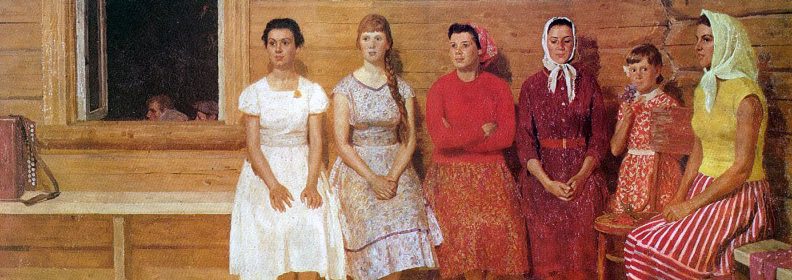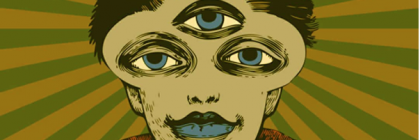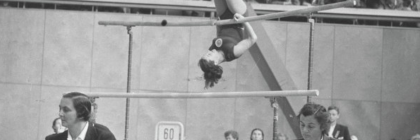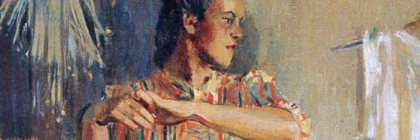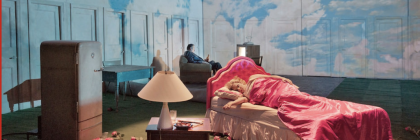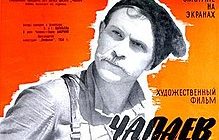Welcome to the course website for History 3684: History of Soviet Culture from Fall 2018. Over the semester we explored many of the key issues that shaped artistic expression and popular culture during the Soviet period, including the challenges of cultural transformation during times of revolutionary upheaval, the evolving dictates of Socialist Realism, changing sensibilities around gender and generation, and […]
Read more